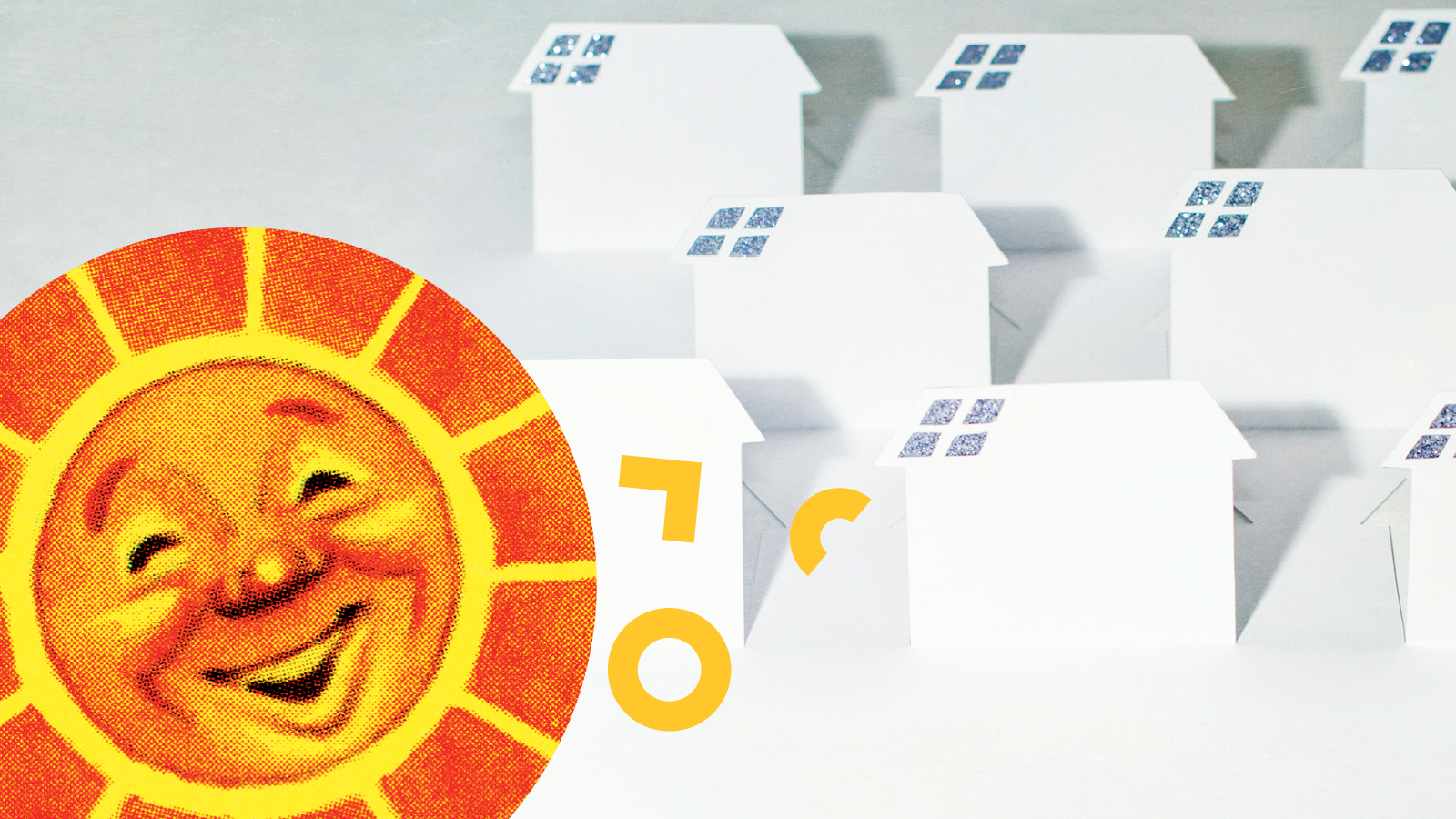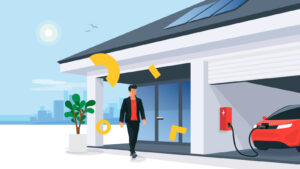Why go solar?
Installing solar panels will create a new source for your home’s power usage. Which means you won’t always be drawing power from the grid, so your energy costs will be lower. This will also help to reduce the amount of coal based energy you use, also helping reduce your carbon footprint.
What do you need to do before you install solar panels?
Solar isn’t a one-size-fits-all solution. If you’re asking yourself whether investing in solar is right for your home, there are a few things to consider:
- Understand your own energy usage
Being aware of your energy usage will help to determine the solar system and size that will be most appropriate for your home. - Where your solar panels will be installed
The location of where your solar panels are installed is very important. The orientation and slope of your roof determines how often your panels will be exposed to the sun. Areas of your roof that just spend the day in the shade are not ideal due to the limited amount of exposure. - What’s your roof made of?
Something that could be overlooked in your budget is the material your roof is made of. Materials such as tin, concrete, terracotta and slate have different requirements when it comes to attaching the solar panels. This will affect the time it takes to install the panels and ultimately the cost of installation.
On episode four of our So Watt? podcast, host Andy Saunders delves into what you should look for when installing solar.
What will be installed?
1. Solar panels
Solar panels are how your home will be able to harness the power of the sun to provide the electricity run your household. Solar panels capture sunlight and convert it into Direct Current (DC). The number of solar panels you need depends on the quality of each panel and your energy needs.
2. Solar inverter
A solar inverter is one of the most important pieces of equipment in a solar energy system. A solar inverter regulates the electricity coming from your solar system. It converts the DC generated by the solar panel into Alternate Current (AC) which is how your home receives the power.
3. Solar battery
As an option, you can install a solar battery. A solar battery stores excess energy generated by the solar system during the day rather than pushing it out to the grid. This stored energy can then be used throughout the night when the sun has stopped shining.
If you use the majority of your energy at night, this is for you! This will reduce the power your home will draw from the grid to compensate for the lack of sun, saving you money.
4. A digital meter
Your energy use and habits are easily tracked with a bidirectional digital meter. This data is then provided to us so we can issue bills based on your usage.
Ready to get started?
We’ll help you on your way to energy independence with tools, info, access to quotes from our preferred partners and more.
Get up to 3 free solar or battery quotes in less than five minutes through our partner, SolarQuotes. With more than 10,000 five-star reviews and a network of over 550 qualified, trusted installers, join 800,000+ Aussies who have requested quotes from SolarQuotes.
+ SolarQuotes is part of the Origin family, and Origin receives a commission from them for each referral.



